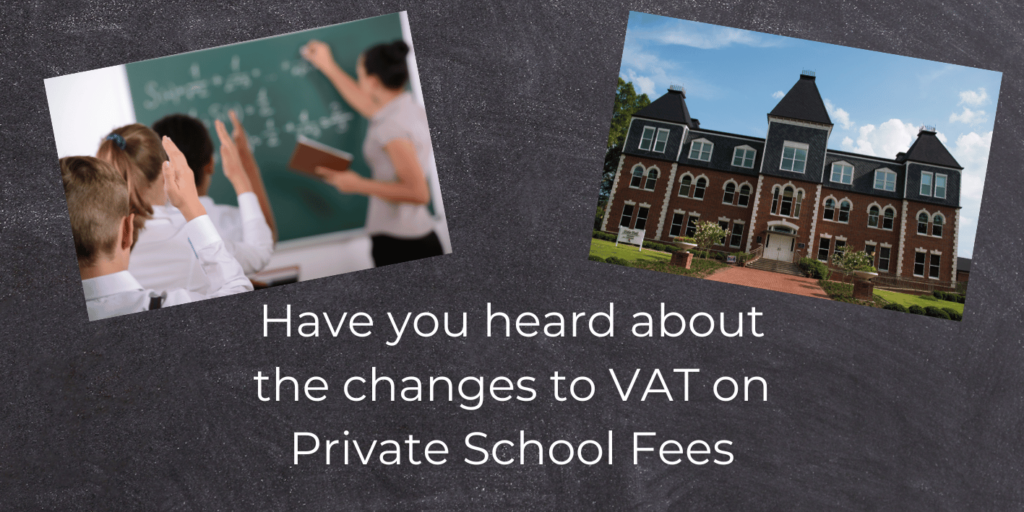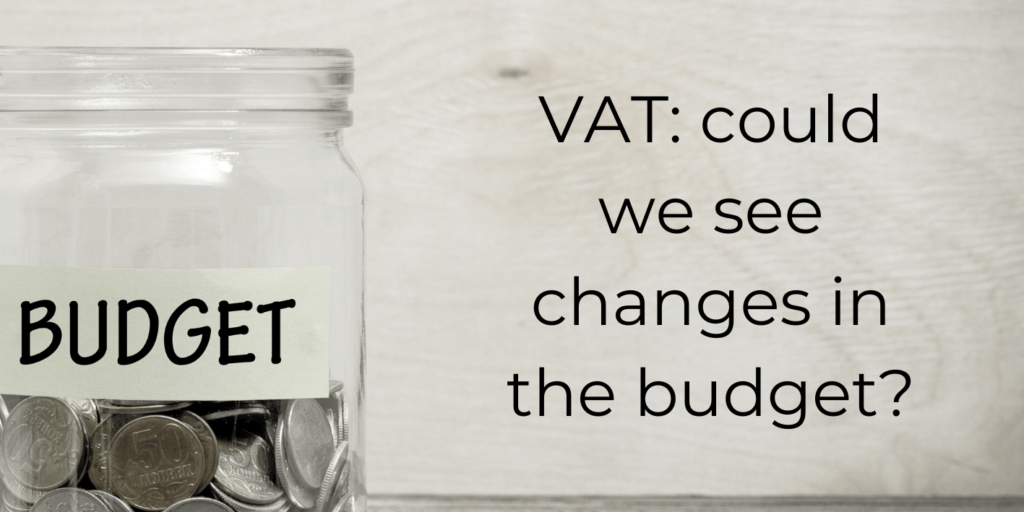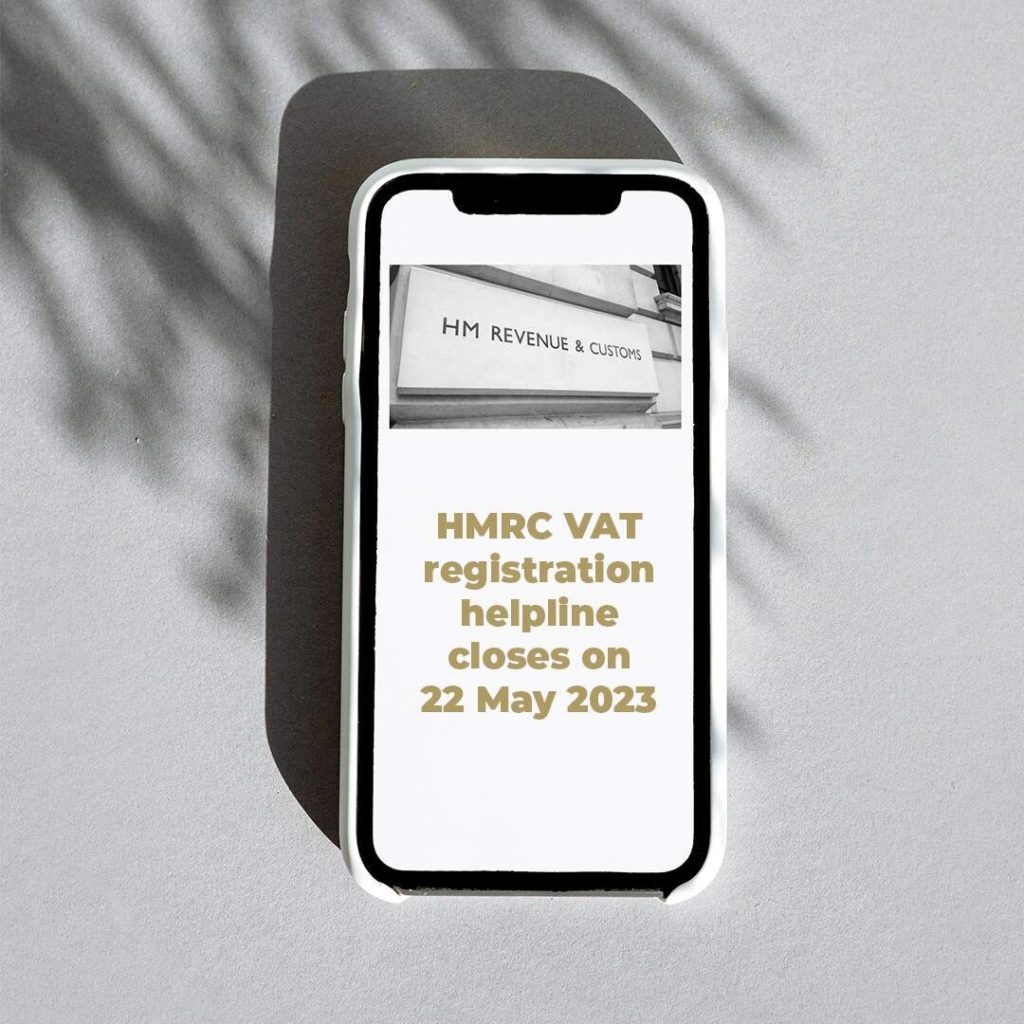VAT on Private School Fees

As of 1 January 2025, the new Labour government has proposed to train 6,500 new teachers in England. One way to fund this is to remove the VAT exemption on private and boarding school fees. This piece will aim to give an overview on the draft legislation and how this may affect private schools.
What are private schools, how much do they cost and how many are there?
Before we discuss the intricacies and inevitable joys that VAT never fails to bring, let’s outline what private schools actually are.
Private schools, sometimes called independent schools, charge fees to their pupils. These schools have much more freedom than government funded schools, and they do not have to follow the national curriculum.
The more famous schools, such as Eton charge around £50,000 a year per student, but the average fee charged in the UK is about £15,000.
There are roughly 2,500 private schools in the UK, which is 7% of all pupils. This equates to 570,000 students in England.
What will be liable to VAT?
Although VAT will be applied to private school fees and boarding services, it will not be a blanket application on all costs that they are associated with.
The draft legislation states that VAT may be applied to the following costs:
- Education (including sixth form) and vocational training fees at private schools
- Board and lodging fees at private schools
The draft legislation specifically keeps VAT exemption in place for other items that are “closely related”. Examples of these items are:
- School meals
- Transportation
- Examination fees
- Books and stationery
There are still certain areas and items that are not mentioned within the draft legislation, and HMRC are yet to comment on. There is currently no guidance on whether educational school trips, or the provision of school laptops will remain exempt from VAT.
Does this mean school fees will definitely increase?
The removal of the VAT exemption does not necessarily mean fees will increase by 20%. After all, private schools are run like businesses, and this naturally means they are all run differently. Some schools may decide to only add a small fraction of the VAT increase, say 5%, onto students, and try to remain profitable by looking into other areas of their spending, whilst others may decide to just increase their fees by the total 20%.
Overview
Although the legislation is still in draft, the aims of the policy appear to be relatively set. At this stage, two things appear to be clear. After 1 January 2025, private schools will need to pay across to HMRC a sixth of their non-exempt income on a VAT return. This will mean that private schools will have had and continue to experience a full schedule this summer as they address all the practical issues that this VAT change is going to raise.







